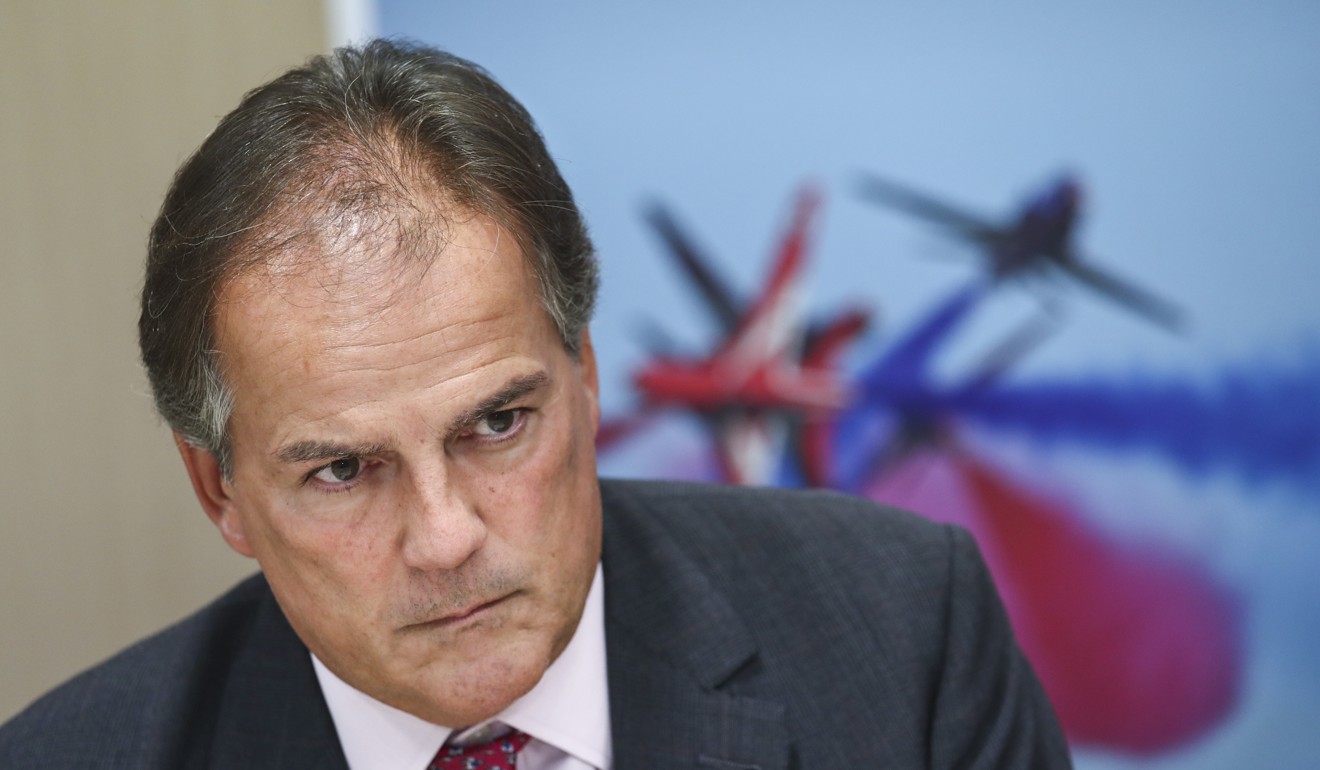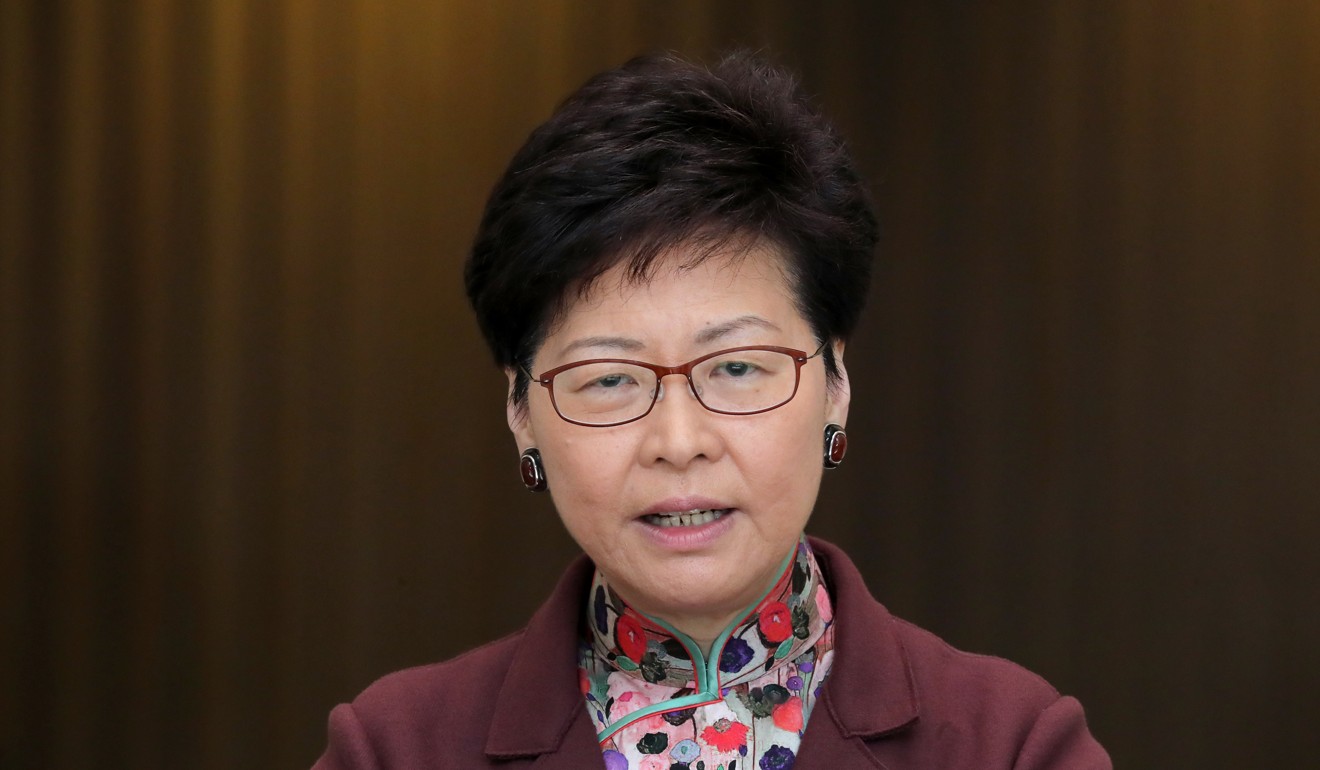
British lawmakers condemn conviction of nine Occupy leaders in Hong Kong, saying ruling was politically motivated
- MPs also voiced concerns about government’s plan to change the city’s extradition law, including allowing fugitives to be handed to mainland China
- Debate held shortly after city’s leader hit out at local and international critics who accused her government of political persecution
British parliamentarians have condemned the conviction of nine leaders of Hong Kong’s biggest civil disobedience movement for being “politically motivated”, while a government minister expressed concern the ruling could discourage legitimate protests in the future.
The MPs also voiced concerns about the Hong Kong government’s plan to change the city’s extradition law, including allowing fugitives to be handed to mainland China.
About 20 MPs, from six political parties, spoke on Wednesday at a House of Commons debate, which was triggered by Liberal Democrat Alistair Carmichael’s urgent question on whether Foreign Secretary Jeremy Hunt would make a statement on the conviction of pro-democracy activists in Hong Kong.
Kicking off the debate, Foreign Office minister Mark Field said: “It would be deeply concerning if the ruling discourages legitimate protest in future or discourages Hong Kong citizens from engaging in political activity.”
How charges used against Occupy leaders could affect future protests
He declined to comment further, saying the case was still in an ongoing legal process.
In response, Carmichael said: “The prosecution and now conviction of nine leaders of the Umbrella movement is the latest in a series of egregious human rights abuses by the government in China.”
Labour’s shadow Asia minister Helen Goodman noted that the nine “could face seven years in prison for organising peaceful protests”, which she said was “totally disproportionate and clearly politically motivated”.
Carmichael added that these convictions were not an isolated incident, as the government had also been trying to amend the law to allow fugitives to be handed over to the mainland and any other jurisdiction with which the city lacked an extradition deal.

Earlier this week, London formally voiced its concerns through British Consul General Andrew Heyn about the plan to change Hong Kong’s extradition law.
Fiona Bruce, chair of the Conservative Party Human Rights Commission, asked whether Field believed that the proposed changes to the extradition law would undermine Hong Kong’s autonomy.
Occupy leaders out on bail after judge adjourns court for two weeks
“Does the minister agree that [it will] … do irreparable damage to ‘one country, two systems’, and destroy business confidence in Hong Kong as a result?” she asked, referring to the framework under which Beijing governs the city.
Field responded that the British government was seriously considering the implications of the proposed changes, including how they might affect British citizens and the country’s current extradition arrangement with Hong Kong.

“It is important that any changes to extradition arrangements from Hong Kong to mainland China must respect Hong Kong’s high degree of autonomy and cannot and must not affect the rights and freedoms set out in the [1984 Sino-British] Joint Declaration,” he added.
On the court ruling, a spokeswoman for the British consulate in Hong Kong said it hoped the ruling would not discourage legitimate protests in the future nor discourage young people from engaging in politics.
Hong Kong’s last colonial governor, Chris Patten, on Tuesday condemned the verdict, calling the prosecution “vengeful”.
But in Beijing, foreign ministry spokesman Lu Kang said it was “biased or groundless” for any foreign politician to suggest the ruling had undermined Hong Kong’s freedom.
Meanwhile, Amnesty International Hong Kong launched a petition campaign on Thursday, calling on Secretary for Justice Teresa Cheng Yeuk-wah to stop what it called the “politically motivated prosecution” of the nine Occupy leaders.

